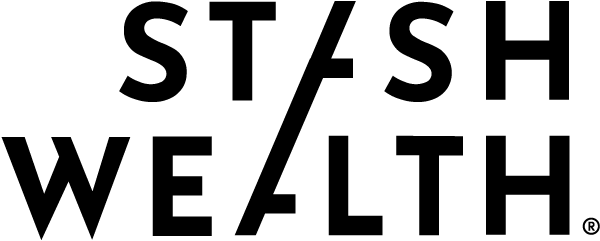Your parents are wrong about leasing a car
If you’re rough on your car or you drive a lot, then yeah, buying is probably a good option for you. But leases don’t require you to lay out as much money up front. You may also be able to afford a nicer car on a lease than you could if you bought it (and a good credit score will lower your monthly payments). Plus, leases only last 2–3 years, at which point you can simply give the car back, or trade it in for a newer model.
If you're a millennial, you've probably heard some version of this line from your parents at least once. Past generations equated wealth with owning things—cars, homes, etc. But that was then, and this is now! Today's HENRYs™ know that being rich isn't always about what you have, it's about having the freedom to do what you want.
Cars are rarely good investments
Buying a home, building, or even high-quality jewelry can be worthwhile investments because they tend to hold their value, or even increase it over time. But unless you’re buying a vintage Ferrari, the same principle does not hold true for cars. Cars are typically depreciating assets, meaning that their value goes down over time. In fact, a car begins losing value the minute you drive it off the lot—as much as 11%. After one year, most experts agree a car has lost about 20-25% of its original value.
The benefits of leasing a car
Leasing a car is a lot like renting an apartment. For starters, leases don’t require you to lay out as much money upfront. Many lease deals even offer 0% down. You may also be able to afford a nicer car on a lease than you could if you bought it. Leases are typically under warranty, so if anything breaks, you’re covered. And leases only last 2–3 years, at which point you can simply give the car back, or trade it in for a newer model. You never have to deal with expensive and inconvenient car repairs.
Trust us, there are few things worse than dealing with an aging car (think: an overheated BMW on the George Washington Bridge and no tow available for three hours). With a lease, a good credit score will lower your monthly payments. And if you don’t drive much, you can choose a lower-mileage lease and save even more money.
Additionally, if you have a growing family or intend to start one soon, be sure to ask your preferred dealership about flexibility leasing offers. Going with a short-term lease just means that your leasing period is, well…shorter. Your monthly payments may be larger than a two-year agreement, but you’ll also be afforded a bit more flexibility if you decide you need to change vehicles.
When to buy a car
If you’re rough on your car (think: off-roading or parallel parking into impossibly tiny spots) or you drive a lot (like, more than 20,000 miles per year), then yeah, buying is probably a better option for you. When you return a lease, you may be charged for nicks and scratches, as well as any extra miles you’ve driven beyond the terms of the lease. If you do decide to buy a car rather than lease, check out businesses like Shift, which offer a lot of the perks of owning a car without many of the downsides.
Should I lease a car or buy one?
At the end of the day, only you can answer that question. There are pros and cons to each, but they are dependent upon your preferences and/or lifestyle. If we’ve convinced you to lease, make sure to do your research before you hit the lot. Use services like Edmunds to see what other people are paying for the car you want, and compare lease deals on competing makes and models. Leasing a car isn’t like buying a sweater—there’s no set price, but more of a range in which you can negotiate. Especially if you’re a HENRY with a good credit score.
Just remember that cars aren’t investments. They’re a means for getting from Point A…to Point B. If the journey between those two points is long and filled with things that will wear and tear your shiny new vehicle, it might be a better idea to buy. This is perfect for people who fall within the group of car owners who name their vehicles - like “Lindsey the Lexus” or “Tommy Tesla”. They’ll be with you for the long run until they kick the bucket.
But if you’re kind to your car, and don’t intend to take him/her on a cross-country road trip, it might be a better idea to lease. And you can still have fun picking a new name every time you upgrade your vehicle. Life is a highway. If you want more financial advice for the bumpy road ahead, take the quiz and find out if you’re a HENRY today.
Stash Wealth provides financial plans designed to assist high earning young professionals build and manage their wealth.
Stash Wealth offers a pragmatic approach to financial planning and wealth management. Whether saving up for Tahiti or a Tesla, we help you achieve your short-term and long-term goals.
Written by Priya Malani
Stash Wealth, Founder & CEO
Priya is a force in the personal finance space. As an industry disruptor, she specializes in bringing the unapproachable world of money to young professionals across the country.


